T4K3.news
Nexon faces backlash over AI ads for The First Descendant
Allegations that AI generated ads used fake streamers to promote The First Descendant spark questions about consent, licensing, and brand trust.
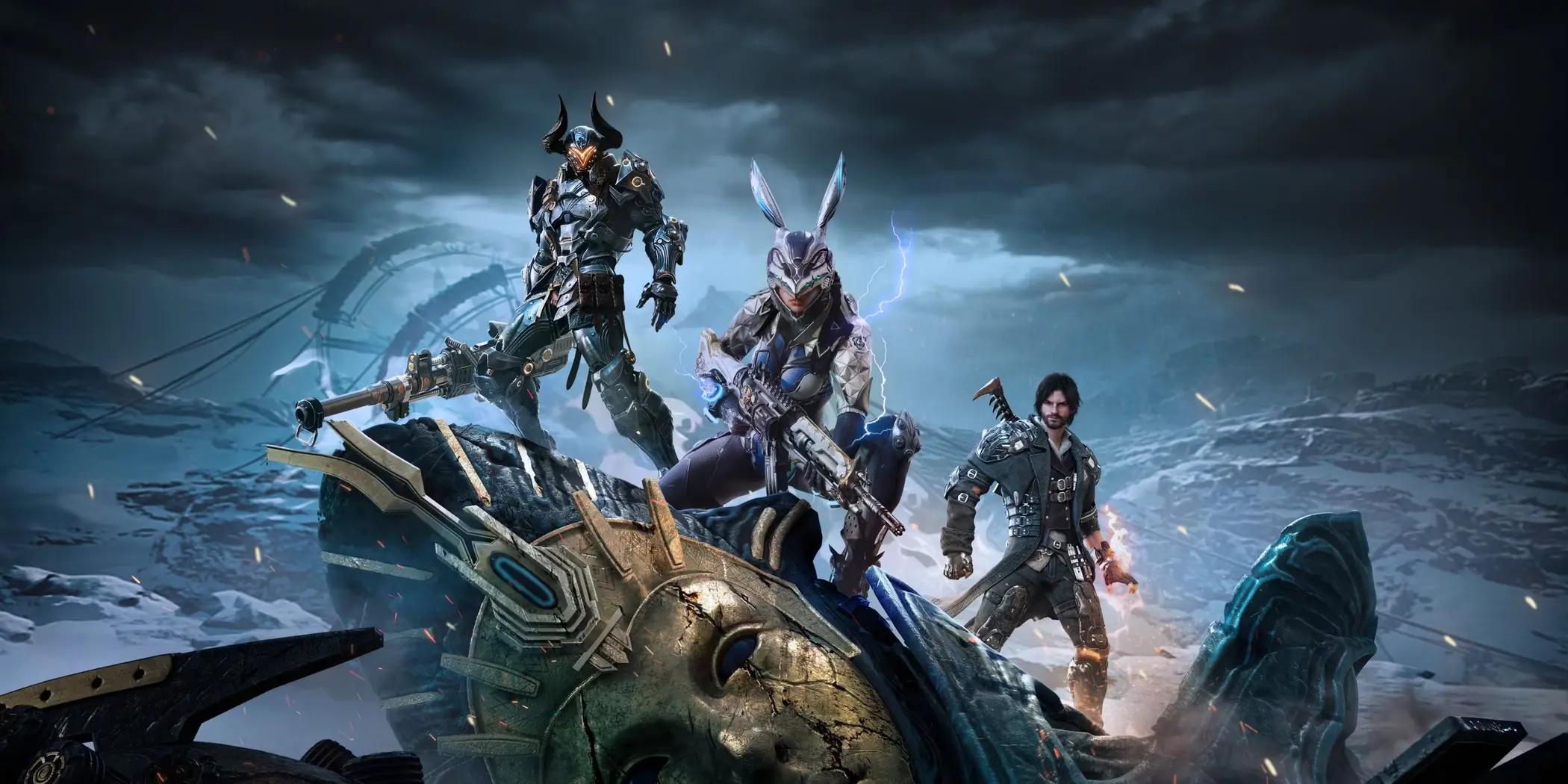
The piece examines allegations that Nexon used AI generated ads featuring fake streamers to promote The First Descendant, raising questions about consent, licensing, and trust in gaming marketing.
Nexon Faces Backlash Over AI Ads for The First Descendant
Nexon is accused of using AI generated advertisements featuring fake streamers to promote The First Descendant, a free-to-play shooter. Clips circulating on TikTok and Reddit show four ads that imitate real people, including a figure said to resemble the streamer DanieltheDemon. In one clip the voice does not match the look, and a Reddit post claims AI IMG2VID was used to reproduce the individual.
The ads appear to promote a collaboration with Nier Automata, a property Nexon does not control. It remains unclear whether PlatinumGames approved the effort, or if licensing considerations were bypassed. The incident highlights tensions between rapid AI marketing and the rights of creators and IP owners, as fans question authenticity and trust in brand messaging.
Key Takeaways
"These Aren't Real People, But This Is Apparently A Real Advertisement"
Framing used in reporting
"A fan compiled multiple clips of AI generated advertisements"
Evidence from online discussion
"The likeness is uncanny and raises questions about consent"
Editorial observation
This episode reveals a thin line between experimentation and deception in marketing. Using AI to simulate influencers without consent can damage trust and invite scrutiny, especially when promotions touch on cross IP collaborations and famous IPs. The consequences extend beyond a single campaign to brands that choose to push the boundaries of new technology.
As AI tools become cheaper and more widespread, brands will need clear disclosure norms and permission frameworks. The question is not whether AI can create hype but who gets to authorize the use of a real or synthetic persona and how fans are informed.
Highlights
- Fake influencers crash trust in the game
- Likenesses without consent invite liability
- IP rights need clear rules for AI marketing
- Fans deserve honesty not manufactured hype
AI advertising raises IP and trust concerns
Using AI generated likenesses of real streamers to promote a game without clear consent or licensing creates potential legal risk and could undermine fan trust. The cross IP tie to a property not controlled by Nexon compounds the issue, inviting scrutiny from rights holders and regulators.
As AI marketing expands, clear consent and disclosure standards will shape what is allowed in gaming campaigns.
Enjoyed this? Let your friends know!
Related News
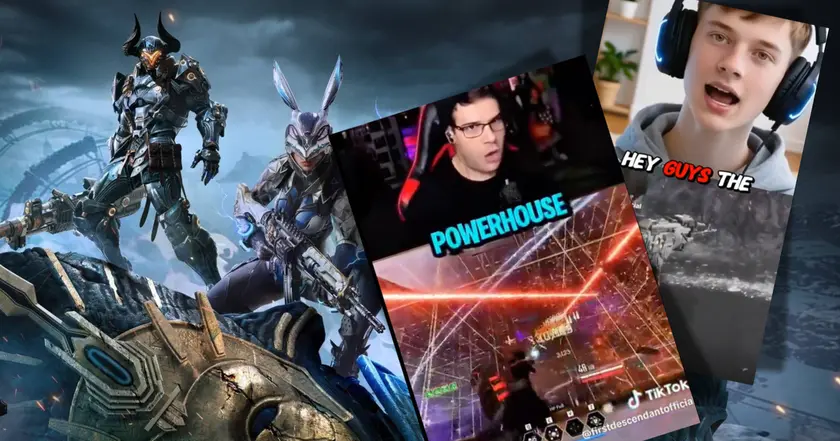
Nexon faces backlash over AI ads
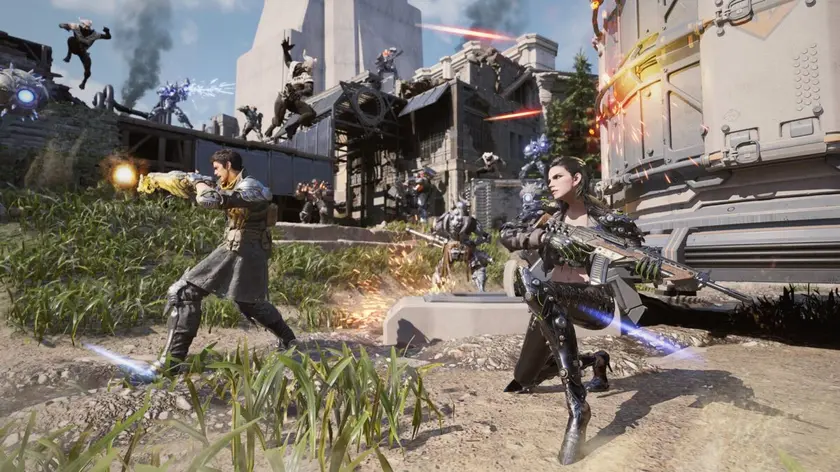
Nexon faces questions over AI TikTok ads

Nexon faces backlash over AI likeness ads
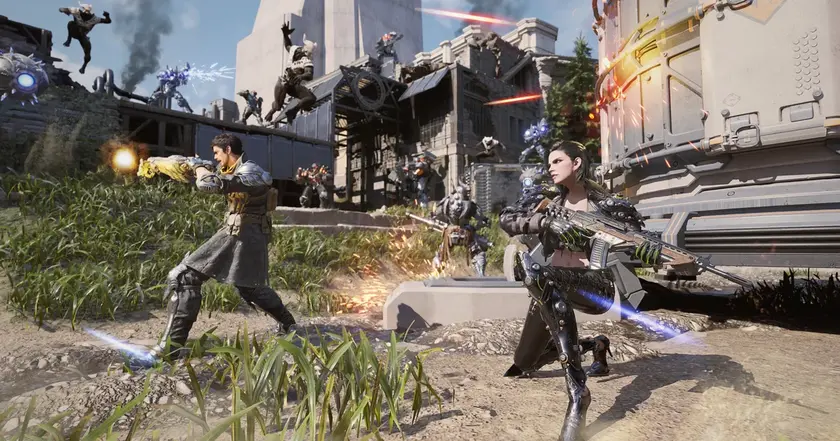
Nexon under fire over AI ads on TikTok
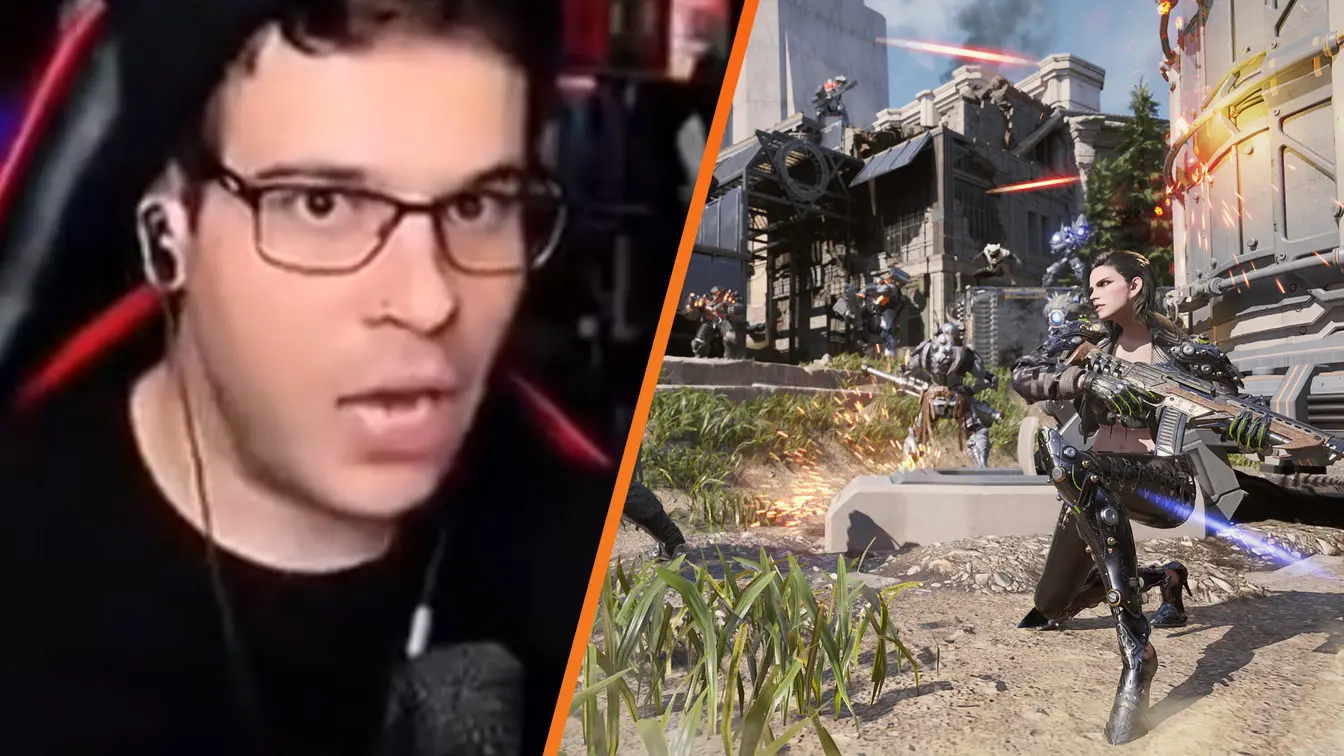
AI likeness concerns in game ads
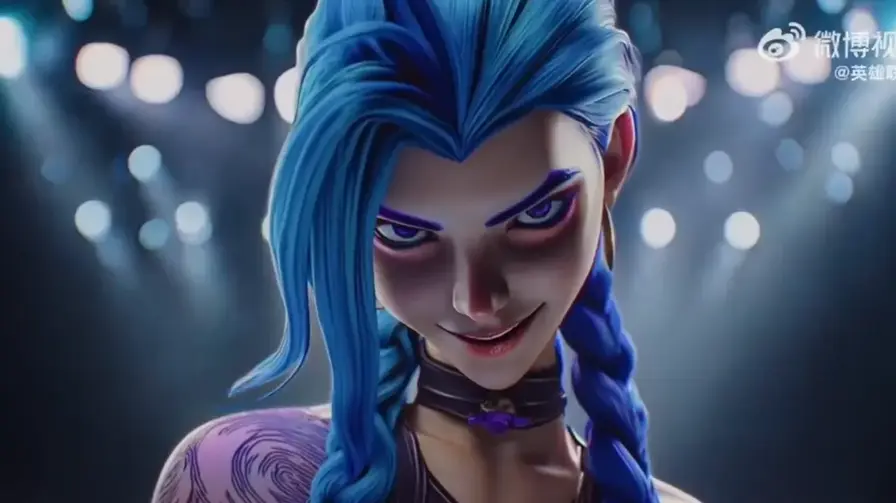
Riot Games faces backlash over Wild Rift AI trailer
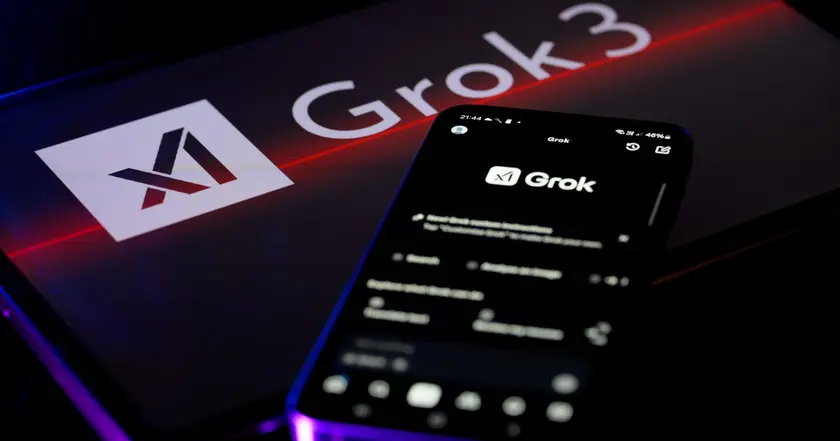
Grok chatbot faces backlash after controversial remarks

Palantir surpasses $1 billion in quarterly revenue
